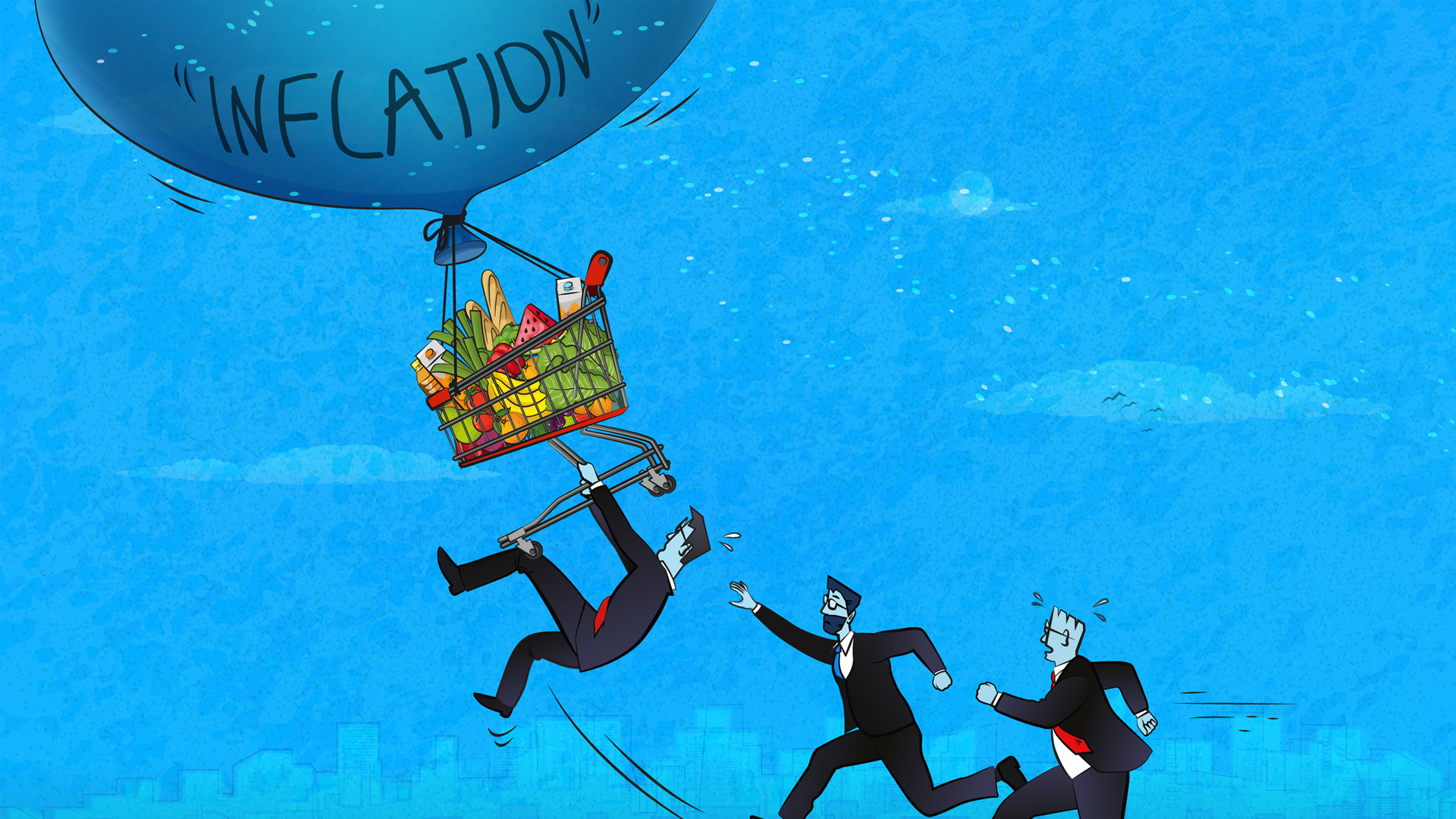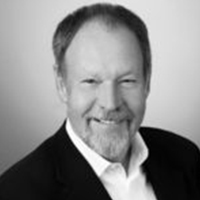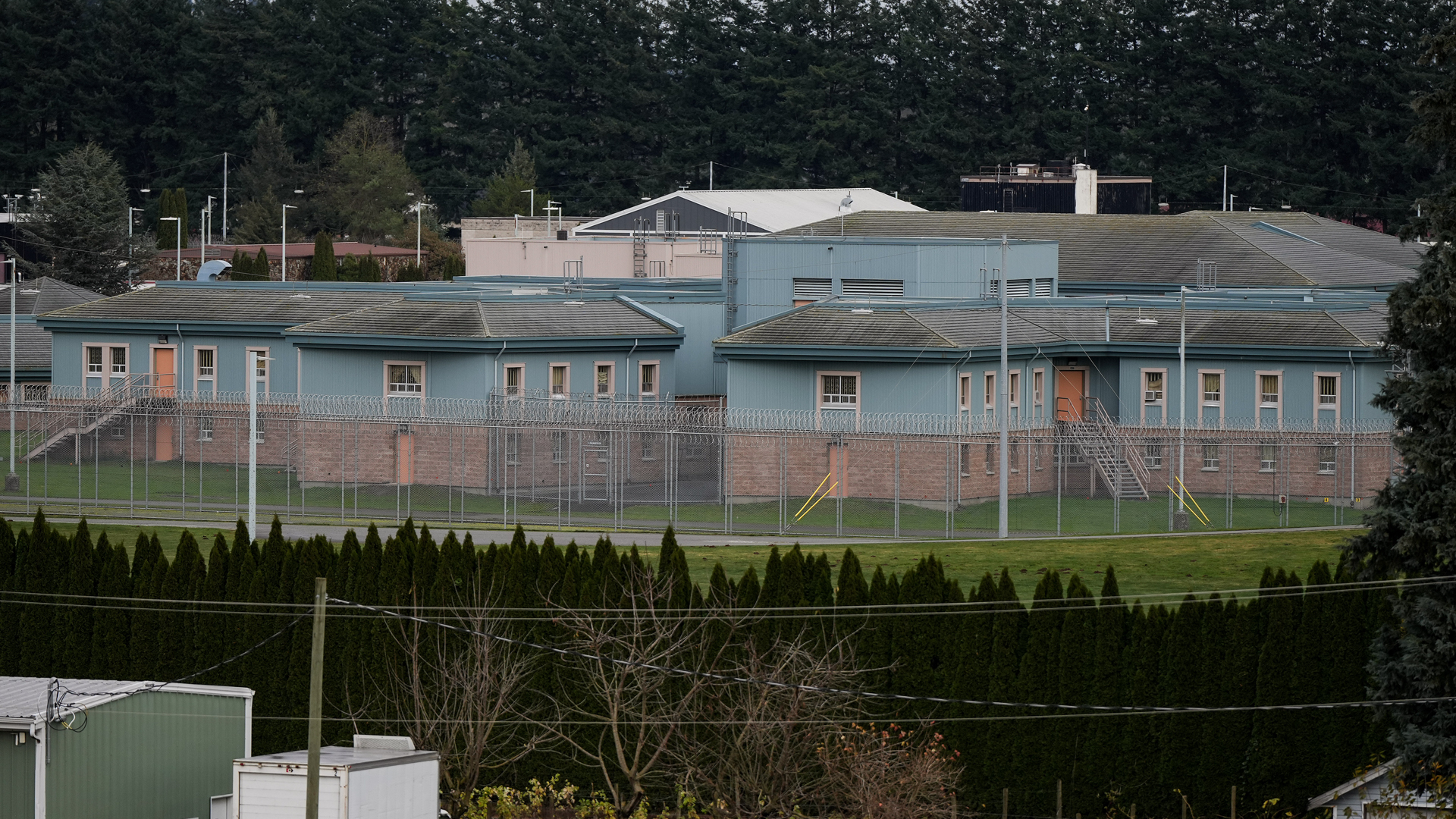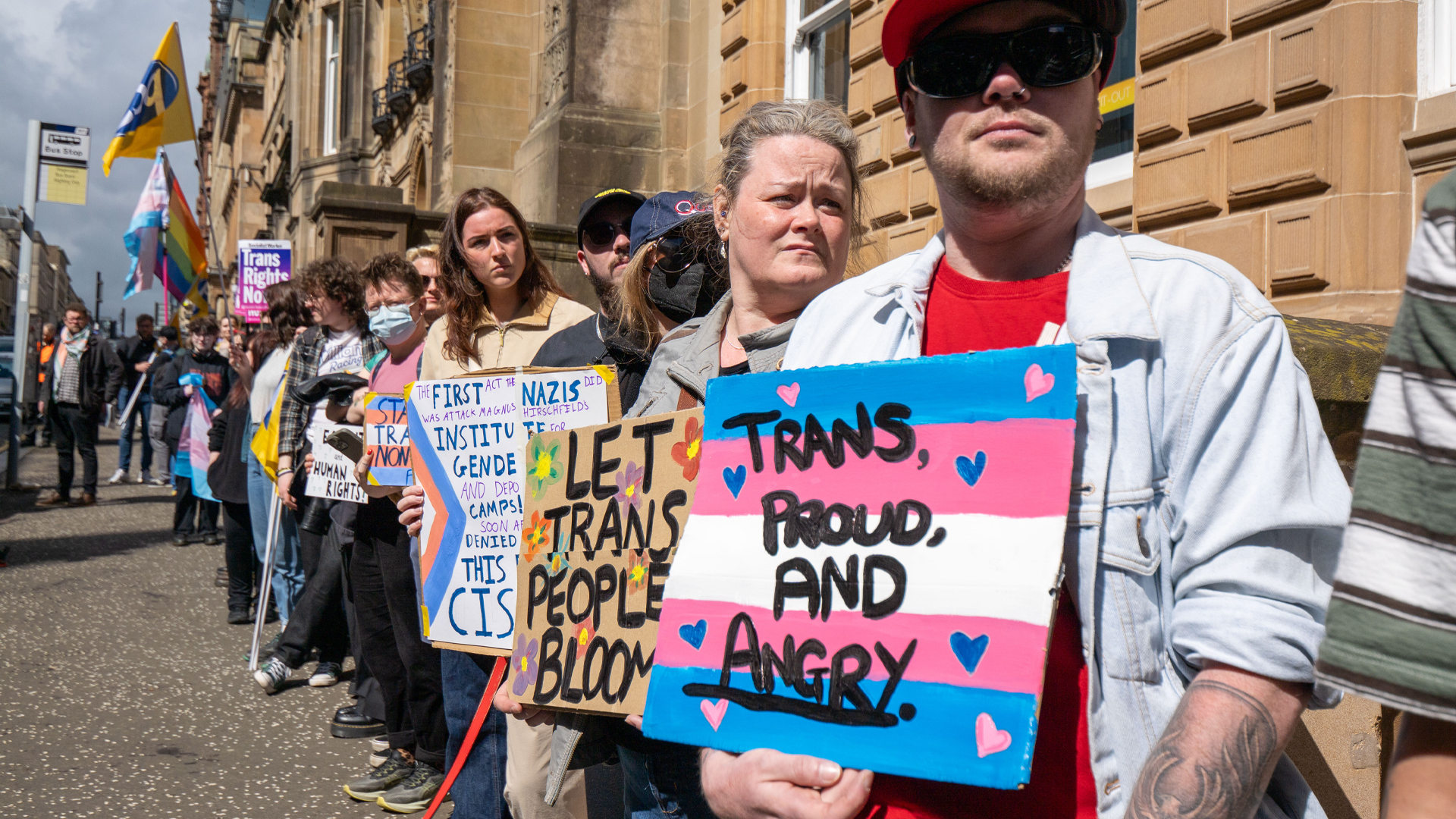
More than anything else, societal progress has been advanced by enlightened public policy that marshals our collective resources toward a larger public good. It has been reason and scientific evidence that has delineated effective from ineffective policy. We have discovered that effective solutions can only be generated when they correspond to an accurate understanding of the problems they are designed to solve. Evidence, facts and reason therefore form the sine qua non not only of good policy, but also of good government.
I have spent my entire professional life as a researcher, dedicated to understanding the relationship between cause and effect. And I have to tell you, I’ve begun to see some troubling trends. It seems as though our government’s use of evidence and facts as the bases of policy is declining, and in their place dogma, whim and political expediency are on the rise. And even more troubling…Canadians seem to be buying it.
At the root, a big part of the problem is cultural.
For decades following the Second World War, an ethos of progress dominated North American thought. The next car was going to be faster, the next paycheque fatter and the next house bigger. This notion that progress was both normal and limitless generated a series of beliefs that were universally embraced. This value system — and an experience that closely corresponded to it — created not only a sense of well-being but also a sense of goodwill. If the prospects of progress and success were limitless, then whatever success you enjoyed threatened in no way the amount of success that might be available to me.
Today — in sharp contrast — we seem to be living in a zero-sum society, where the prevailing wisdom is that the rich are getting richer while the poor get poorer; that whatever prosperity might be available is being unequally shared; and that for many, opportunity is actually shrinking. In the same way that feelings of well-being can generate goodwill, feelings of threat spawn envy and recrimination. This explains not only the anger of the Occupy Movement or the students protesting in the streets of Montreal but also the disdain that the middle class has for “pampered” public-sector employees and the excessive obsession the rich seem to have about the poor “ripping off the system.”
Once the population starts to segment itself into “us versus them,” anyone with a vested interest in exacerbating the rift can easily till that soil. And that is clearly what is happening in the political process today. A vicious cultural wheel is turned by a political one. A fearful, divided citizenry fights off uncertainty by protecting its own turf; politicians exploit this division by choosing sides and offering simplistic solutions to address these fears; and the population seeks solace in the simplistic solutions. So instead of trying to bridge these differences through consensus and finding compromise based on reason, what we see all too often today is the politics of polarization, over-torqued partisanship and dogma.
Photo: Shutterstock by Elnur









